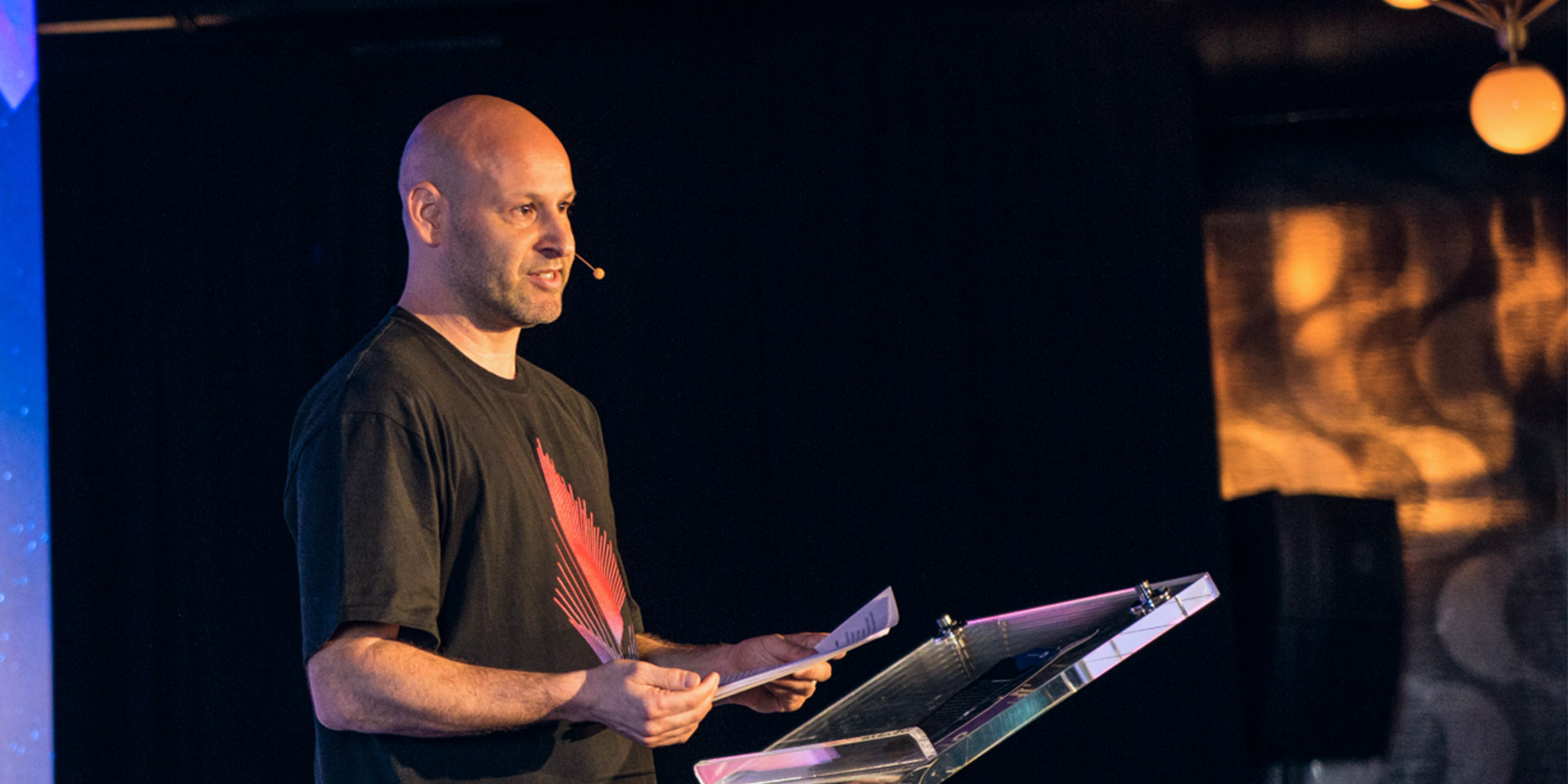
Public testnet for ConsenSys zkEVM begins soon
Infura, Truffle, MetaMask, Besu, and Gnark developers collaborated to develop ConsenSys zero-knowledge Ethereum Virtual Machine (zkEVM).
ConsenSys has announced that their zero-knowledge Ethereum Virtual Machine (zkEVM) rollup will be released on a public testnet on March 28, enabling stress testing of layer-2 scaling technology.
Throughout the past four years, the ConsenSys research and development team has been working on the zkEVM rollout.
On the Ethereum blockchain, the zkEVM is said to deliver swift finality, high throughput, and secure settlements.
A private beta launched in the fourth quarter of 2022 granted select users early access to the network, which handled over 350,000 transactions and onboarded numerous decentralized applications (DApps).
The testnet enabled Solidity developers to construct, test, and launch decentralized applications while testing the zkEVM at scale.
ConsenSys zkEVM is the result of collaboration between teams at Infura, Truffle, and MetaMask, as well as Besu and Gnark developers.
The rollup’s integrations and features were designed to reduce developer complexity, enhance security, and accelerate onboarding.
In a report that talks on the absence of switching fees as an advantage for ecosystem initiatives.
Without modifying code or rewriting smart contracts, developers may build atop the zkEVM or migrate existing DApps without having to rewrite code or smart contracts.
In addition to using Ether for gas payments, the zkEVM eliminates the requirement for third-party code translation and other middleware solutions.
ConsenSys zkEVM connects with MetaMask in an effort to speed user onboarding. Integration with Infura also enables developers to distribute DApps at scale.
Moreover, developers will be able to create, test, debug, and deploy Solidity smart contracts using a range of Truffle-powered layer 2 development environments.
ConsenSys also intends to maintain zkEVM open-source following its release. The objective of the public beta testnet, according to Nicolas Liochon, head of research and development at ConsenSys, is to test the system under the same conditions it would encounter on the mainnet, where the stakes are large.
“Users and developers will be able to permissionlessly interact with our technology stack allowing us to stress test the system under challenging and adversarial conditions.”
ConsenSys will perform a system outgrade following integration with the public testnet. According to Liochon, this is intended to establish the groundwork for a “highly performant, trustless, and decentralized network.”
The final upgrade will also initiate the auditing and security procedure to guarantee the zkEVM is safe and secure before to a planned mainnet deployment in 2023.
ConsenSys is in talks with key Ethereum ecosystem participants to deploy and integrate its zkEVM testnet.
Liochon emphasized the need of having the scaling rollup EVM-equivalent as a crucial aspect in facilitating the transition of DApps and tools to its zkEVM.
Liochon said that efforts to make decentralized and trustless apps accessible to the general public necessitate solutions that are simpler and less expensive.
The zkEVM intends to do this by constructing a trustless, censorship-resistant, decentralized, and efficient execution layer that scales Ethereum.
ConsenSys is also focused in collaborating with the broader layer 2 ecosystems. Liochon stated that the group seeks to collaborate with innovators in the field in order to organize the first zkEVM “multi-prover” rollup.
Several prover implementations would be utilized in this form of scaling rollup to generate validity proofs of computation.
